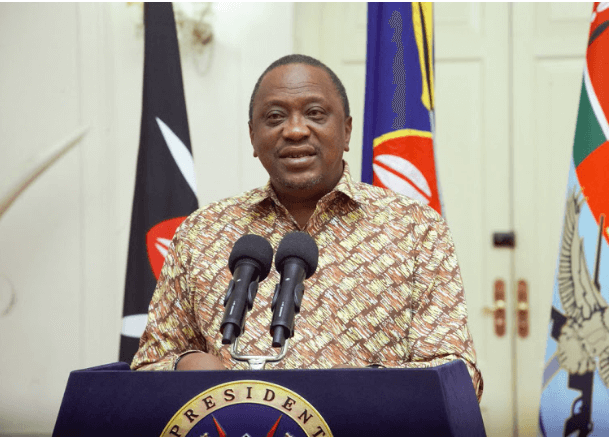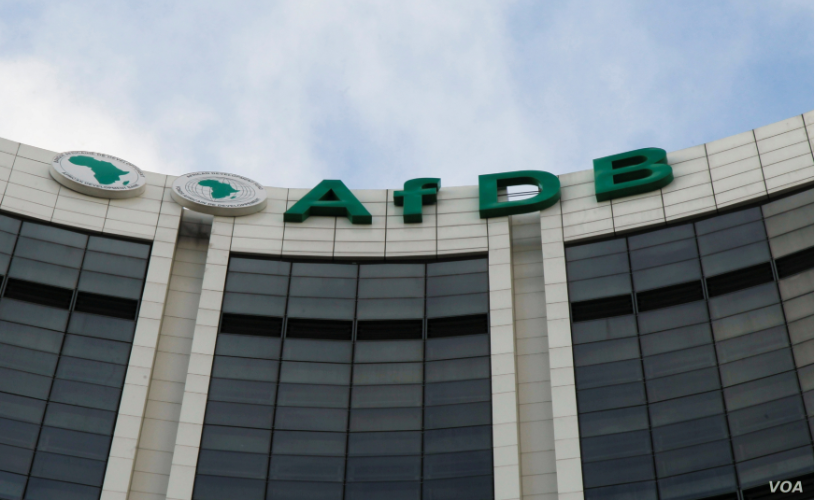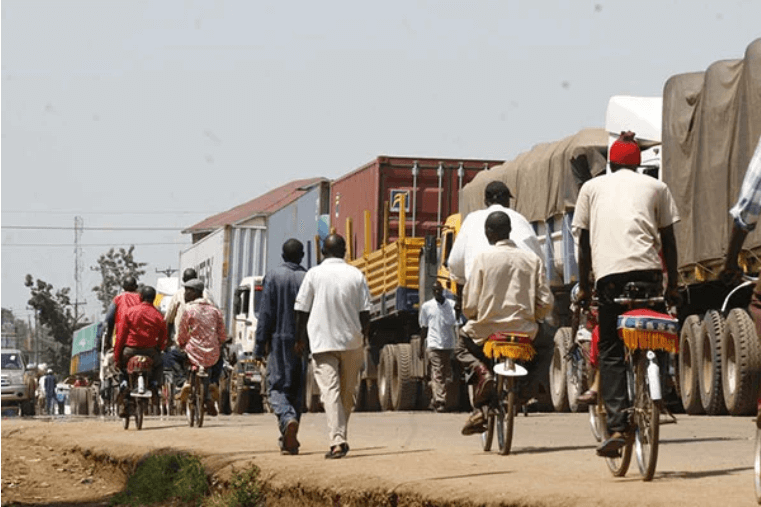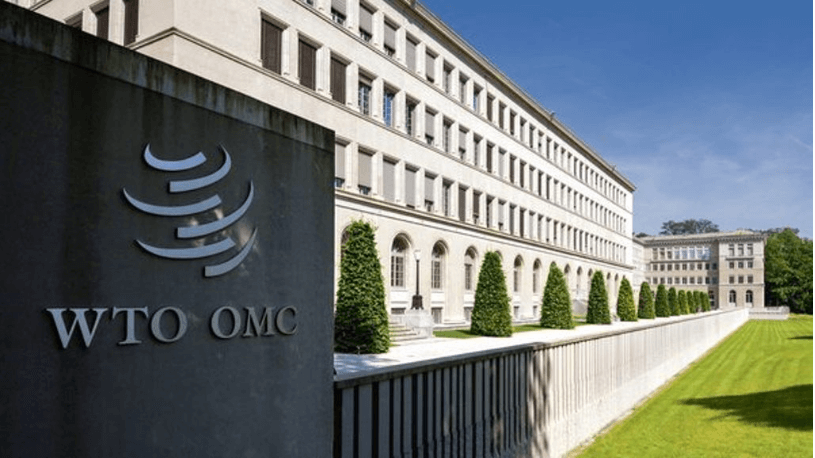Tanzania is beginning to mark strides as a major buyer of Kenyan goods making orders worth Sh15.91 billion in the first seven months to July, even before President Uhuru Kenyatta's visit. Central Bank' data show that this represents an 11.48 per cent increase compared to Sh14.27 billion value of goods imported in seven months to July 2018. In 2018, the neighbouring country bought goods worth Sh29.93 billion in items including plastics, iron and steel, machinery, animal and vegetable fats electrical equipment and vehicles among others. At the time, imports from Tanzania to Kenya were registered at Sh34.52 billion. Cereals, wastes of the food industry, paper and paper board, beverages, spirits and vinegar are among goods that Kenya imports from Tanzania. Kenya has been gearing to improve trade with the country whose relations has been tensed over the years due to a high number of tariff and non-tariff barriers. In 2018, Tanzania imposed a 25 per cent import duty on Kenyan confectionery, including juice, ice cream, chocolate, sweets and chewing gums, claiming Kenya had used zero-rated industrial sugar imports to produce them. The country still remains opposed to the issuance of work permits to Kenyan nationals looking to work in around its borders. The trading imbalance in favour of Tanzania is set to reduce if bilateral talks between the nations is anything to go by. The countries held bilateral meetings in Arusha, in April, to resolve the trade issues and barriers affecting the movement of goods across the borders including rules of origin for some products...
Exports to Tanzania begin to rise ahead of Uhuru’s visit
Posted on: November 20, 2019
Posted on: November 20, 2019





















